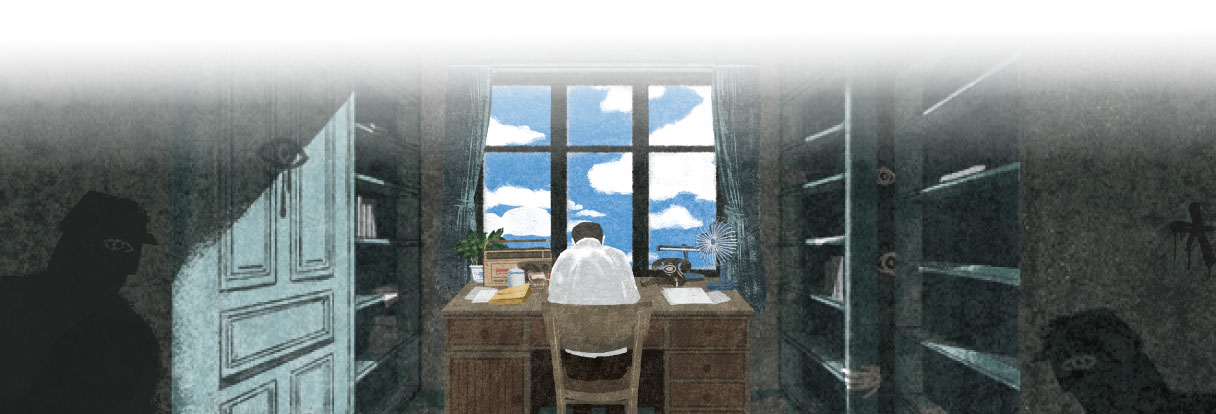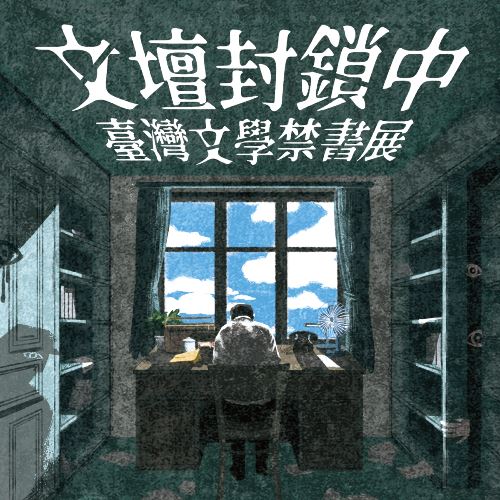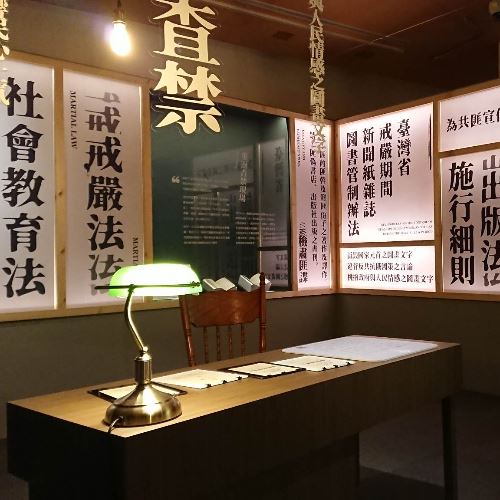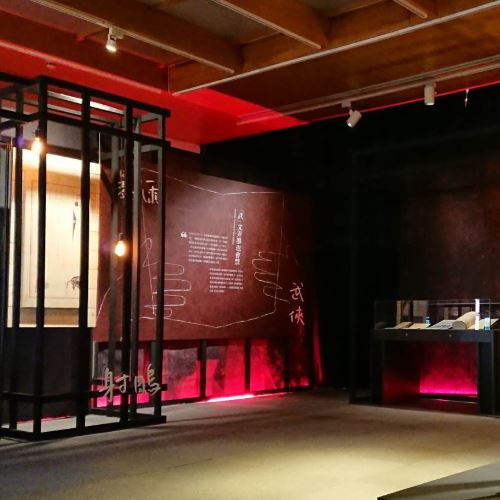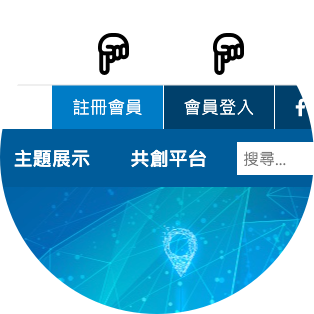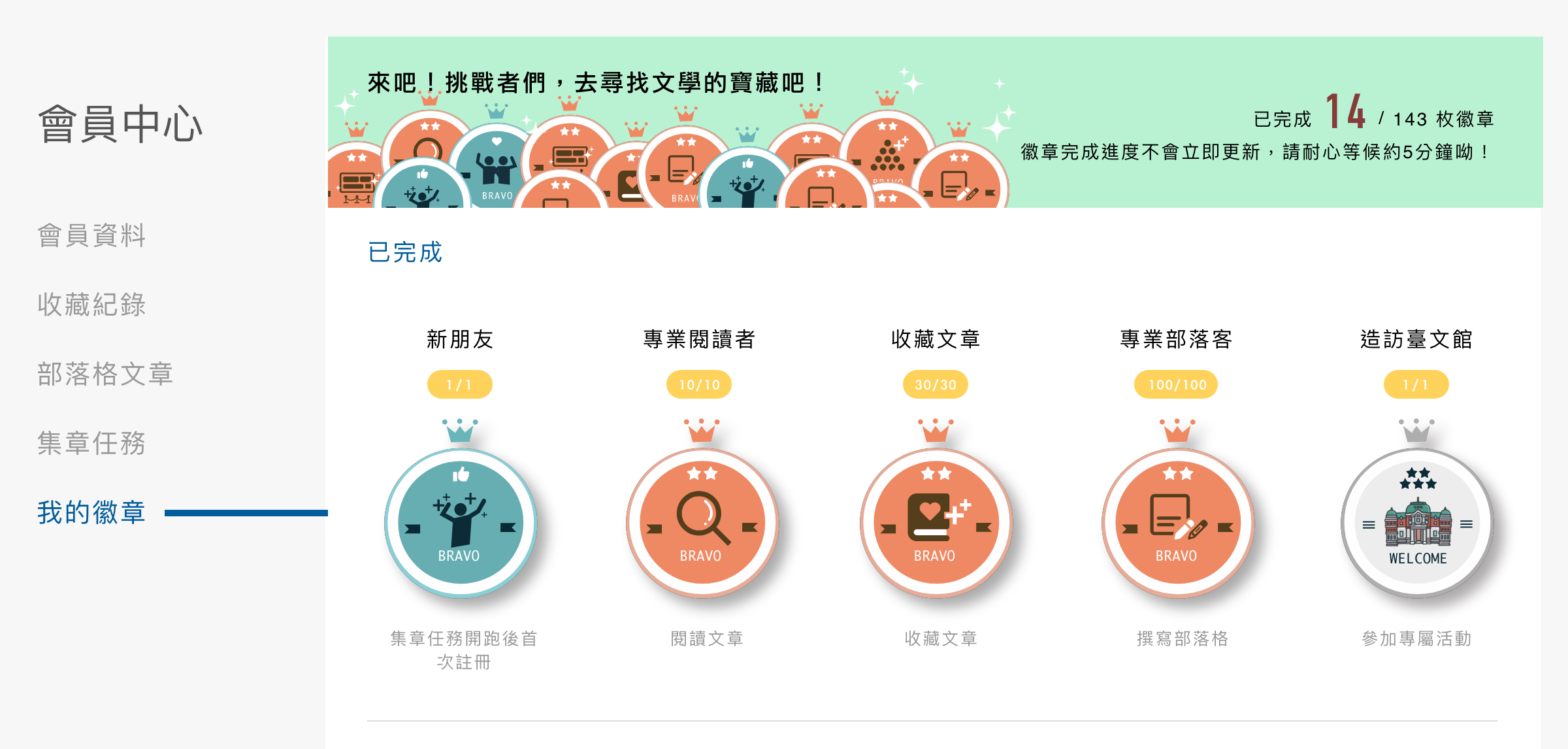Overzealous Implementation ⭔ A New Name, a Better Chance? ⭔ "Fun Facts": Most-banned Authors
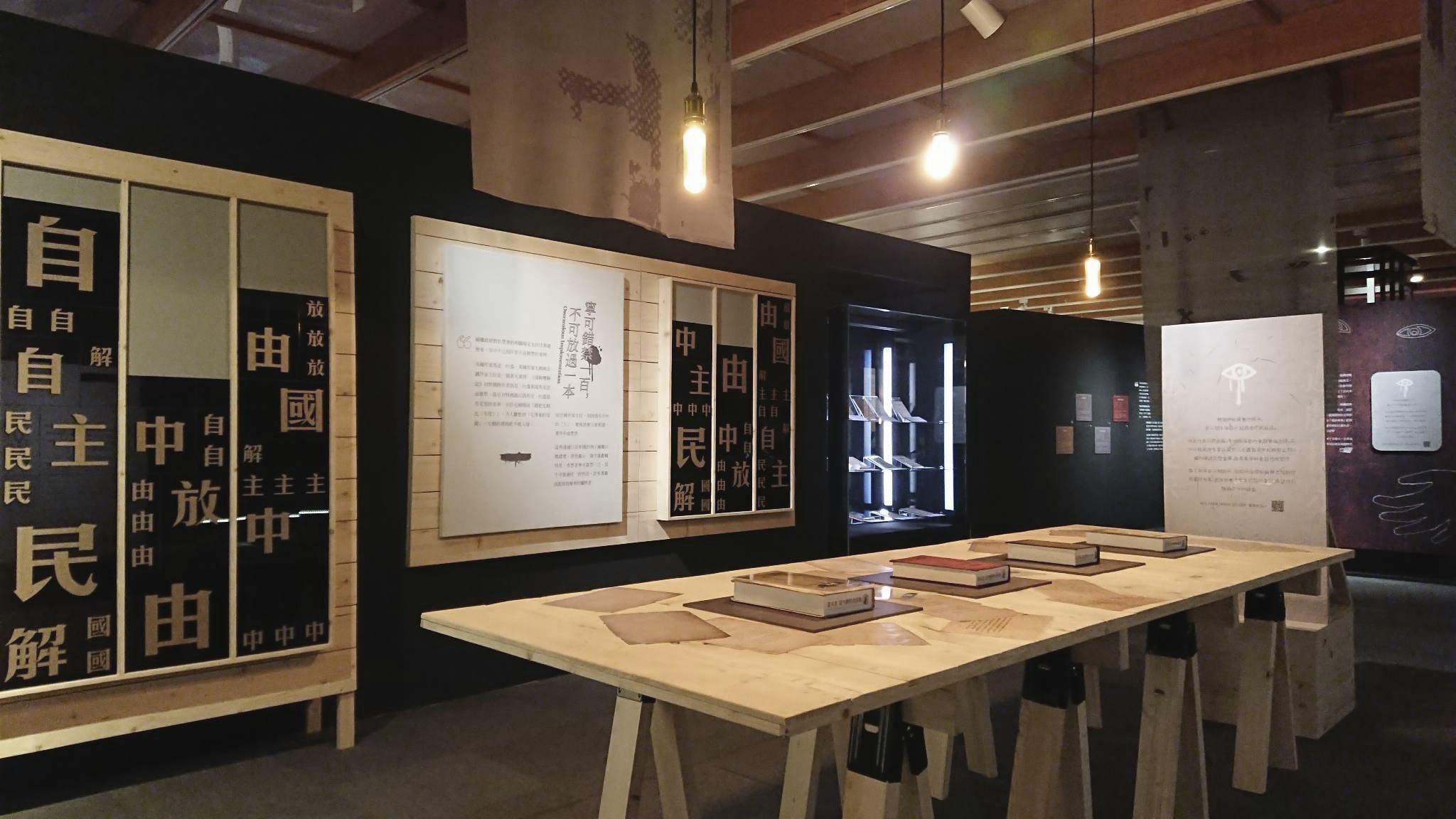
How Was the Fate of a Book Determined by Its Name?
During the martial law period, the Nationalist government established numerous legal provisions for censorship, including the ESPIONAGE LAWS OF THE PERIOD OF THE COMMUNIST REBELLION and the ENFORCEMENT RULES OF THE PUBLISHING ACT, in order to effectively control thought and speech and block any speech or books that might challenge the authority. Back then, there were hundreds of reasons for banning a book, among which the most well-known one was the "red line"—books associated with "left-wing ideologies" or Chinese communists. Books whose authors/translators lived in China or books whose publishers in Taiwan maintained contact with the original publishers in China were all banned for espousing communism.
Right after the Second World War ended in 1945, a trend of learning Mandarin began to emerge. There was a shortage of Chinese books. A great many literary works written by Chinese authors from the 1930s became the best learning materials. However, the promulgation of Martial Law and the Nationalist government's retreat to Taiwan resulted in the standoff between Taiwan and China. Consequently, these authors and their books were banned. To cater to market needs and avoid government censorship, the publishing industry was forced to frequently change the book titles and the authors' names. After a while, a special phenomenon occurred in the book market—banned books became top sellers.

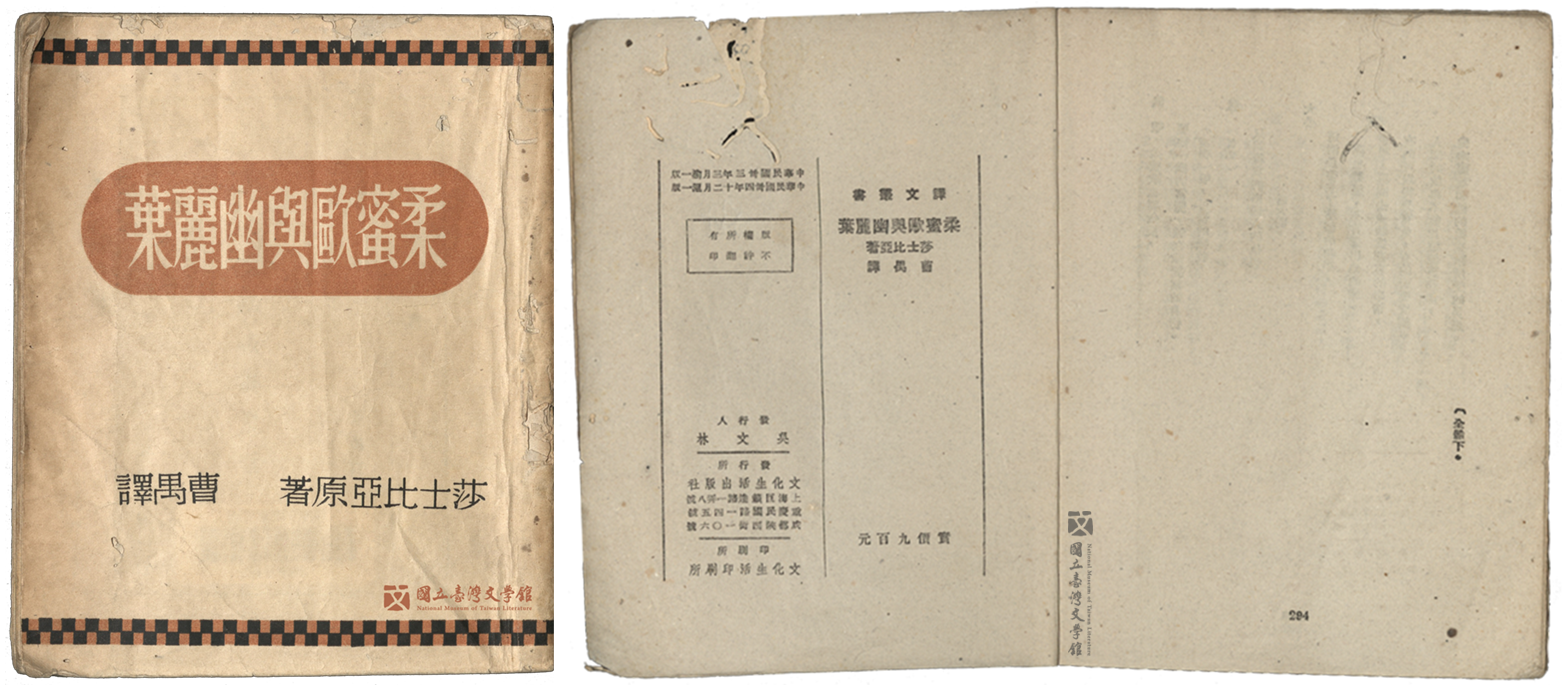
◰ Chinese translation of ROMEO AND JULIET, by Cao Yu
A famous play written by Shakespeare. Since the translator, Cao Yu, stayed in China, the Nationalist government determined that he was a communist sympathizer. Shakespeare's plays that he translated were also banned.(From the collection of the library at the National Museum of Taiwan Literature)
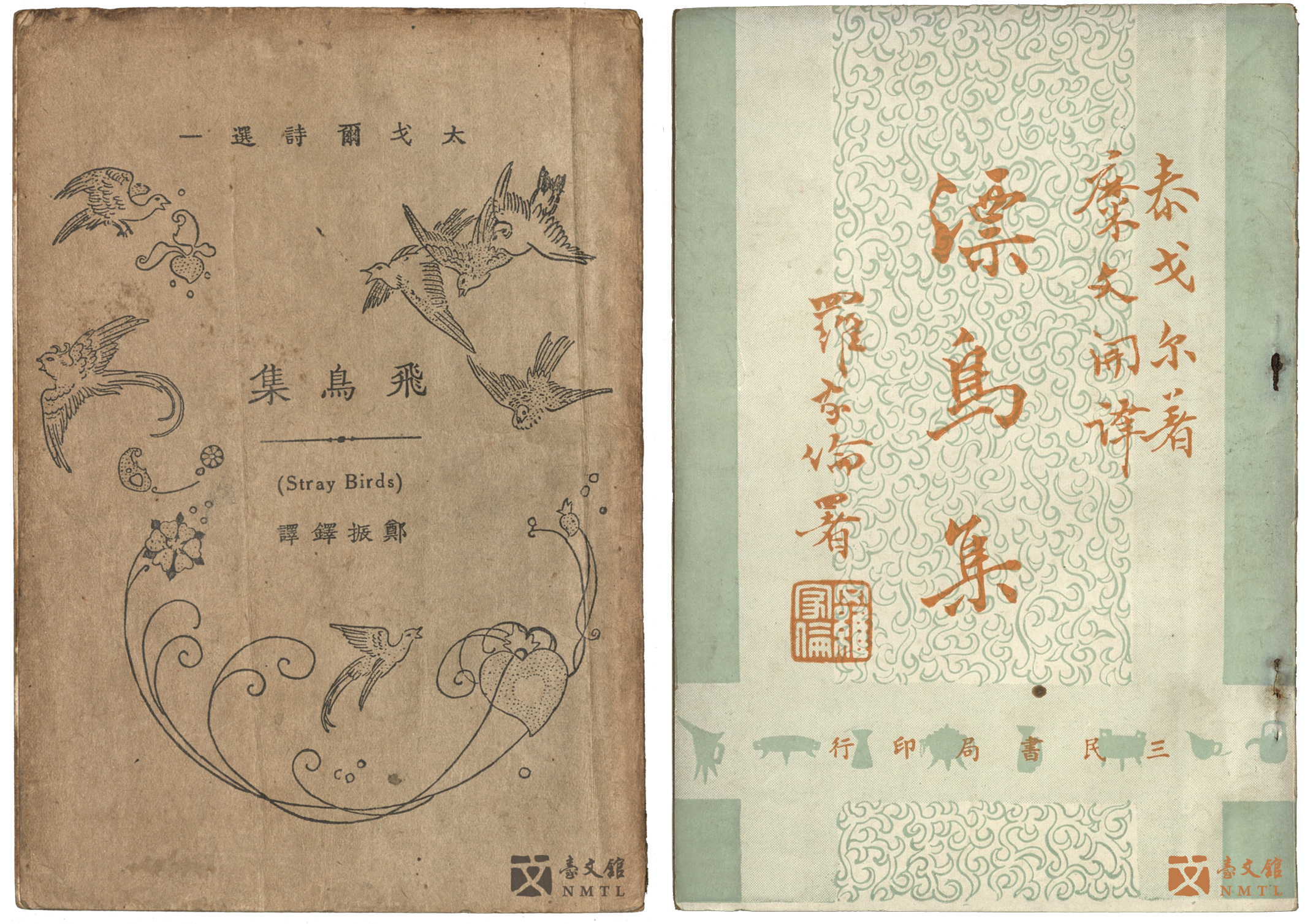
◰ Left/ STRAY BIRDS, translated by Zheng Zhen-duo,Right/ STRAY BIRDS, translated by Mi Wen-kai
STRAY BIRDS, a collection of poems by Indian poet TAGORE was translated by Zheng Zhen-duo in 1922. Since Zheng Zhen-duo acted as a senior government official for the Chinese Communist Party; he was considered a Communist bandit cadre enemy and his translated work was consequently banned. Another translated version of STRAY BIRDS by Mi Wen-kai was not banned in Taiwan.(Kept in National Museum of Taiwan Literature)
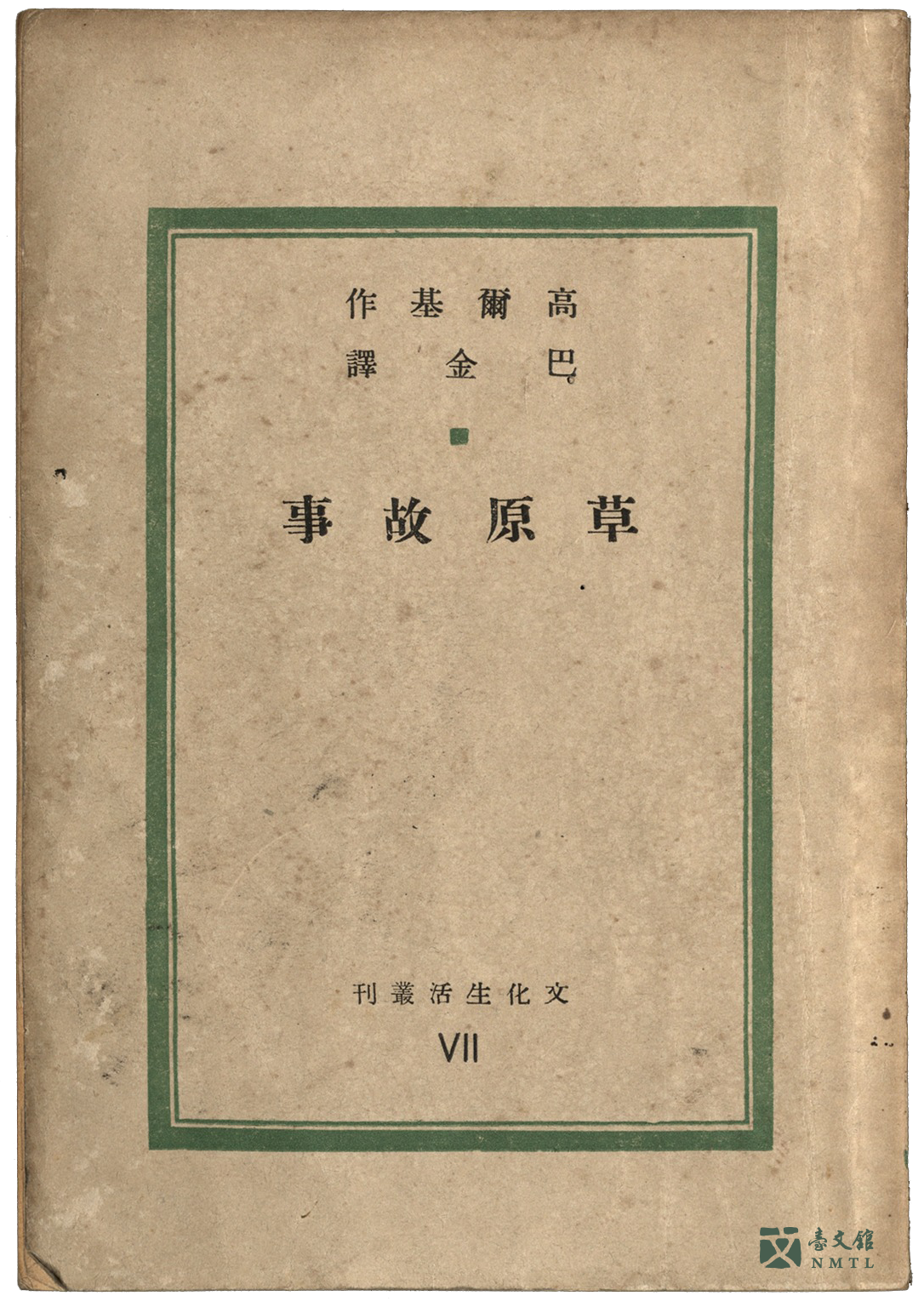
◰ THE STORY OF THE PRAIRIE, translated by Ba Jin
This book mainly depicts the everyday life of an ordinary person in Russia. Gorky was an important realist writer in the Soviet Union and the translator Ba Jin was a member of the Chinese Communist Party; the book was banned because both the author and translator held left-wing views.(Kept in National Museum of Taiwan Literature)
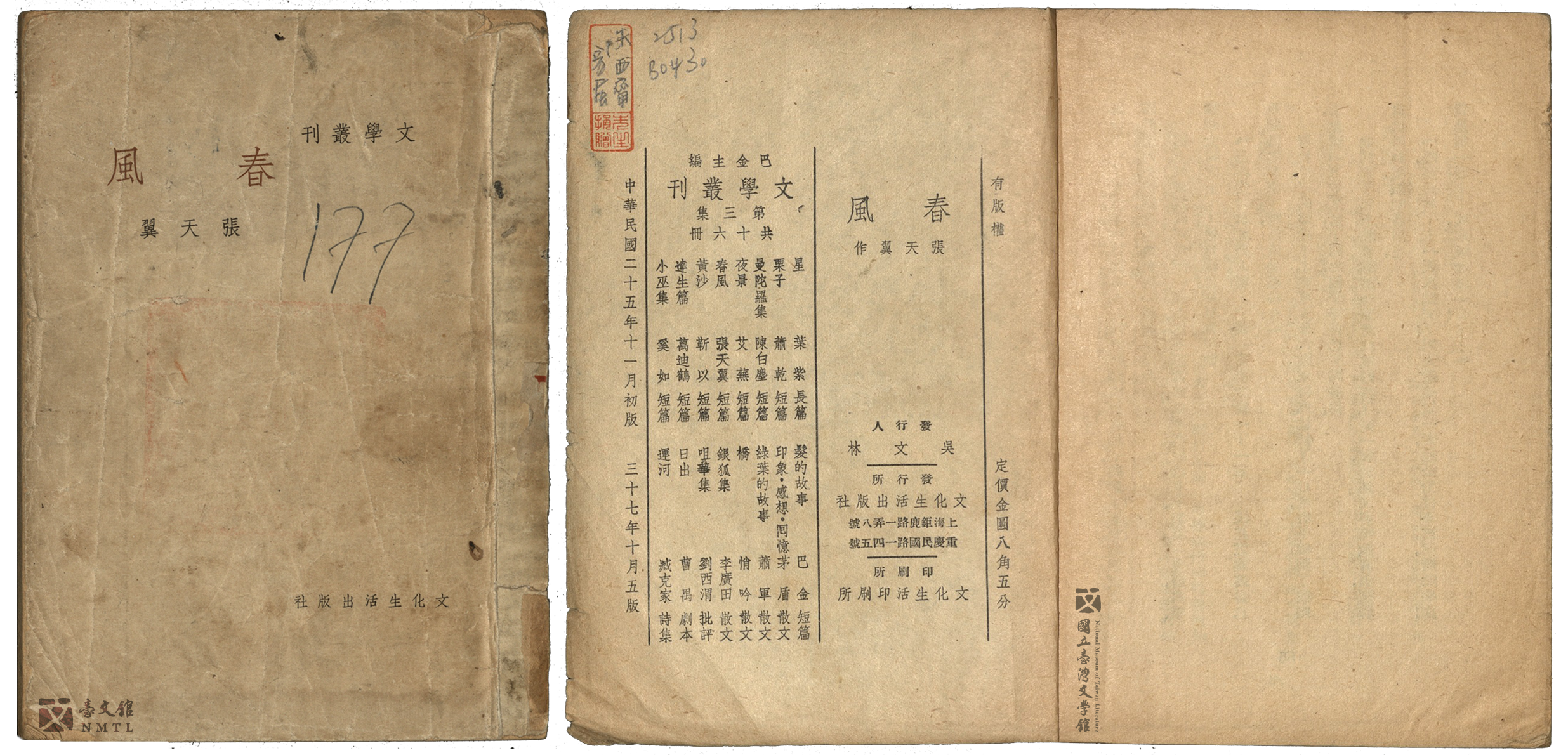
◰ SPRING BREEZE by Zhang Tian-yi
Zhang Tian-yi was a well-known Chinese author in the 1930s. He excelled in illustrating social realism using a lively tone. After the Nationalist government came to Taiwan, Zhang's books were banned in Taiwan because he was a member of the Chinese Communist Party.(Kept in National Museum of Taiwan Literature)
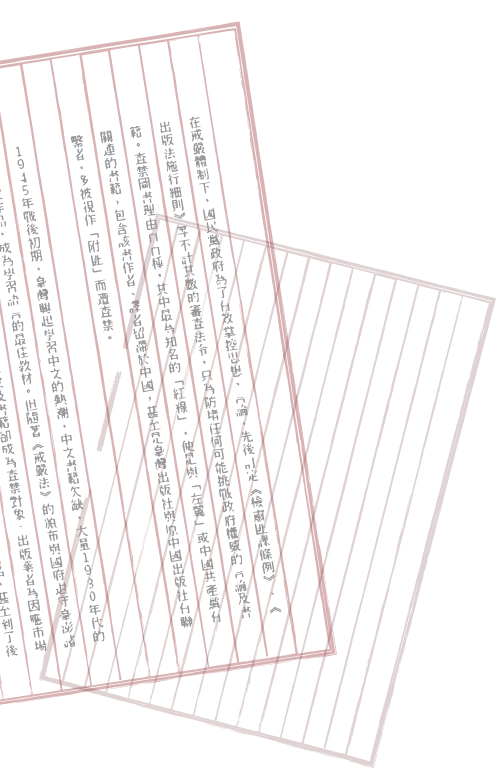
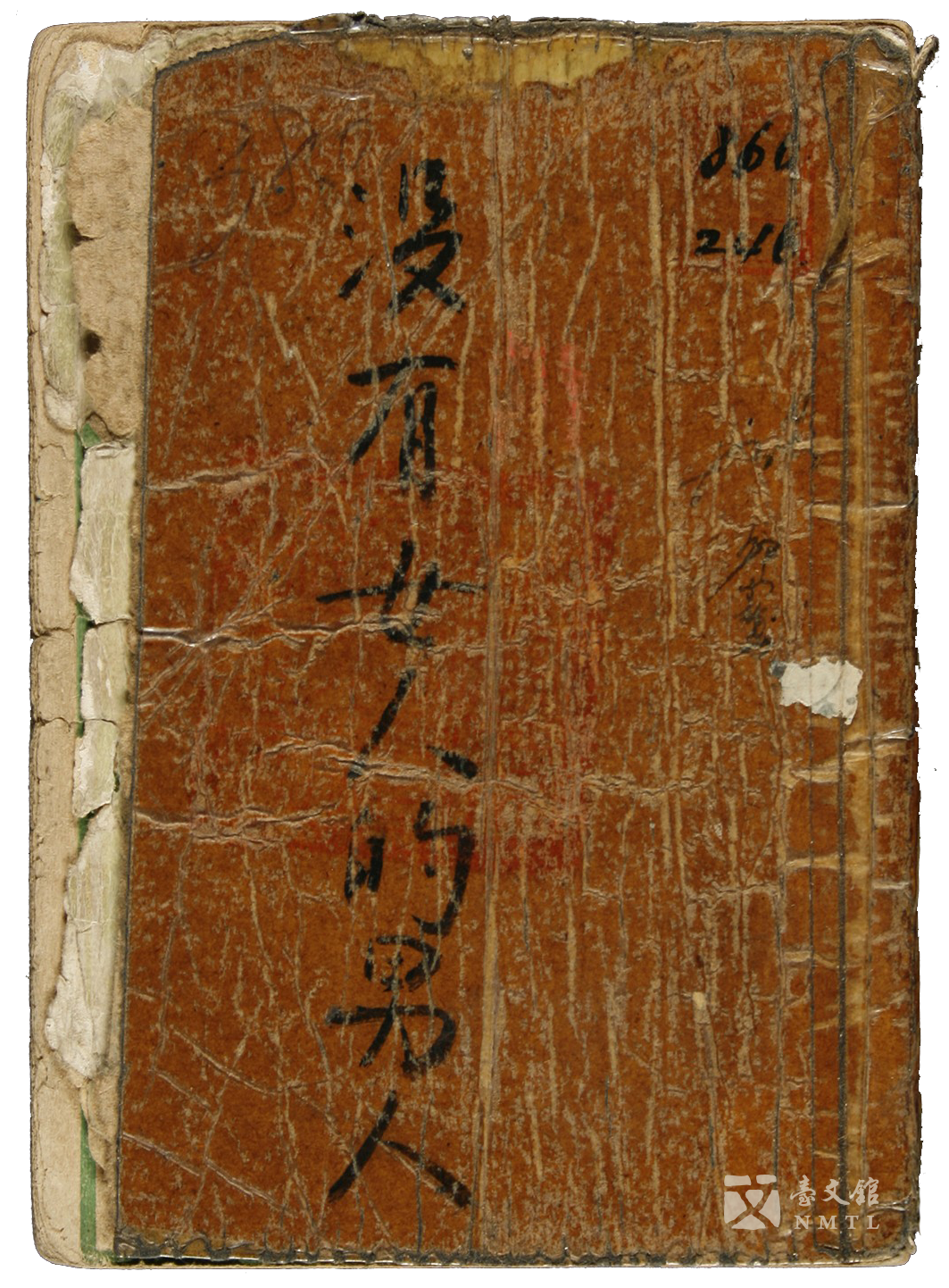
◰ Chinese translation of MEN WITHOUT WOMEN by Ma Yan-xiang
A collection of short stories by Ernest Hemingway. Though it contains no left-wing ideologies, it was still banned because the translator was a member of the Chinese Communist Party.(Kept in National Museum of Taiwan Literature)
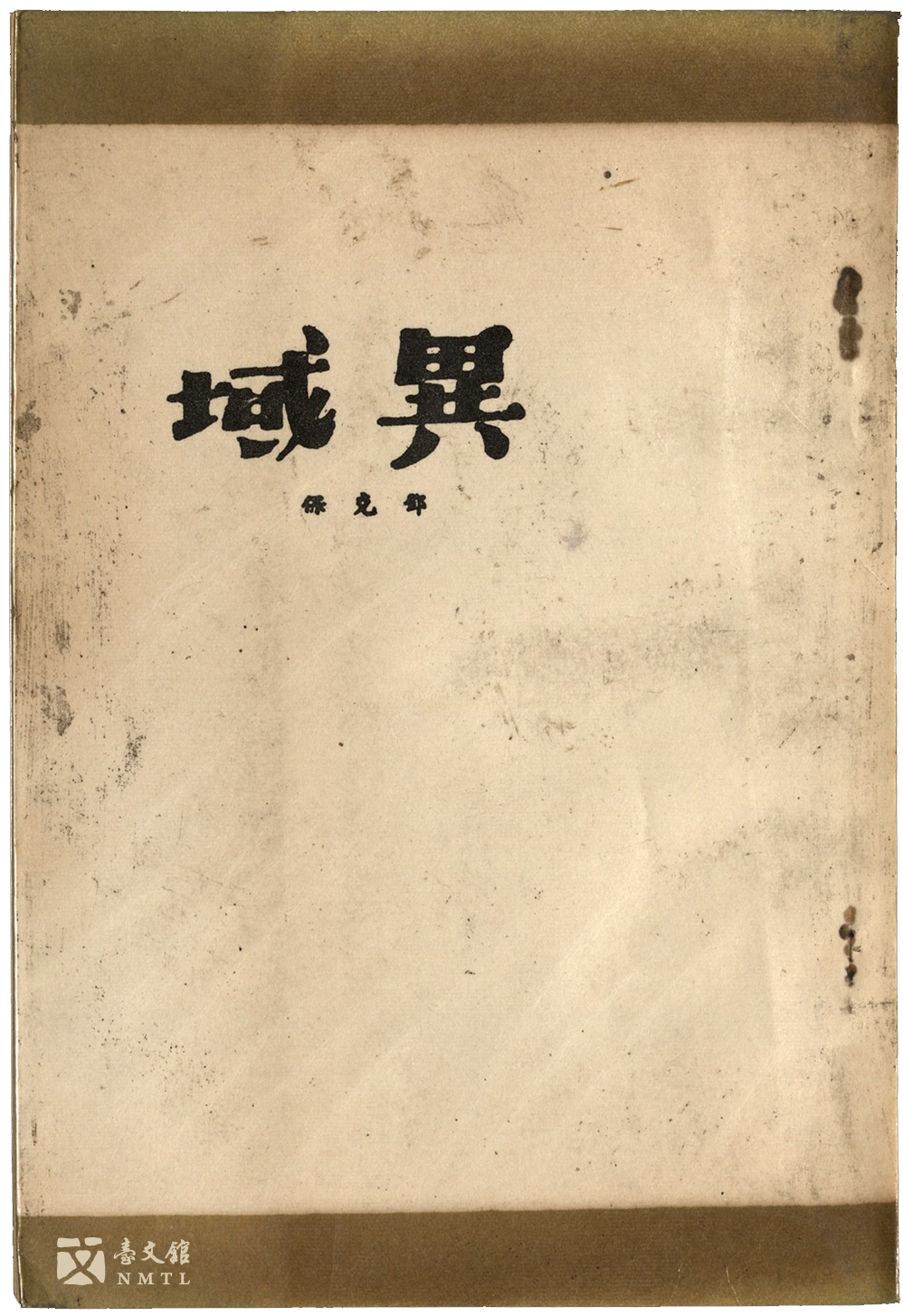
◰ THE ALIEN REALM by Deng Ke-bao
In the 1960s, Bo Yang, who long wrote political satires, was arrested and put in jail. All of his works were banned. However, when THE ALIEN REALM was published, the author's name was changed to Deng Ke-bao. Thus, it was not counted as Bo Yang's work and escaped being banned.(Kept in National Museum of Taiwan Literature)
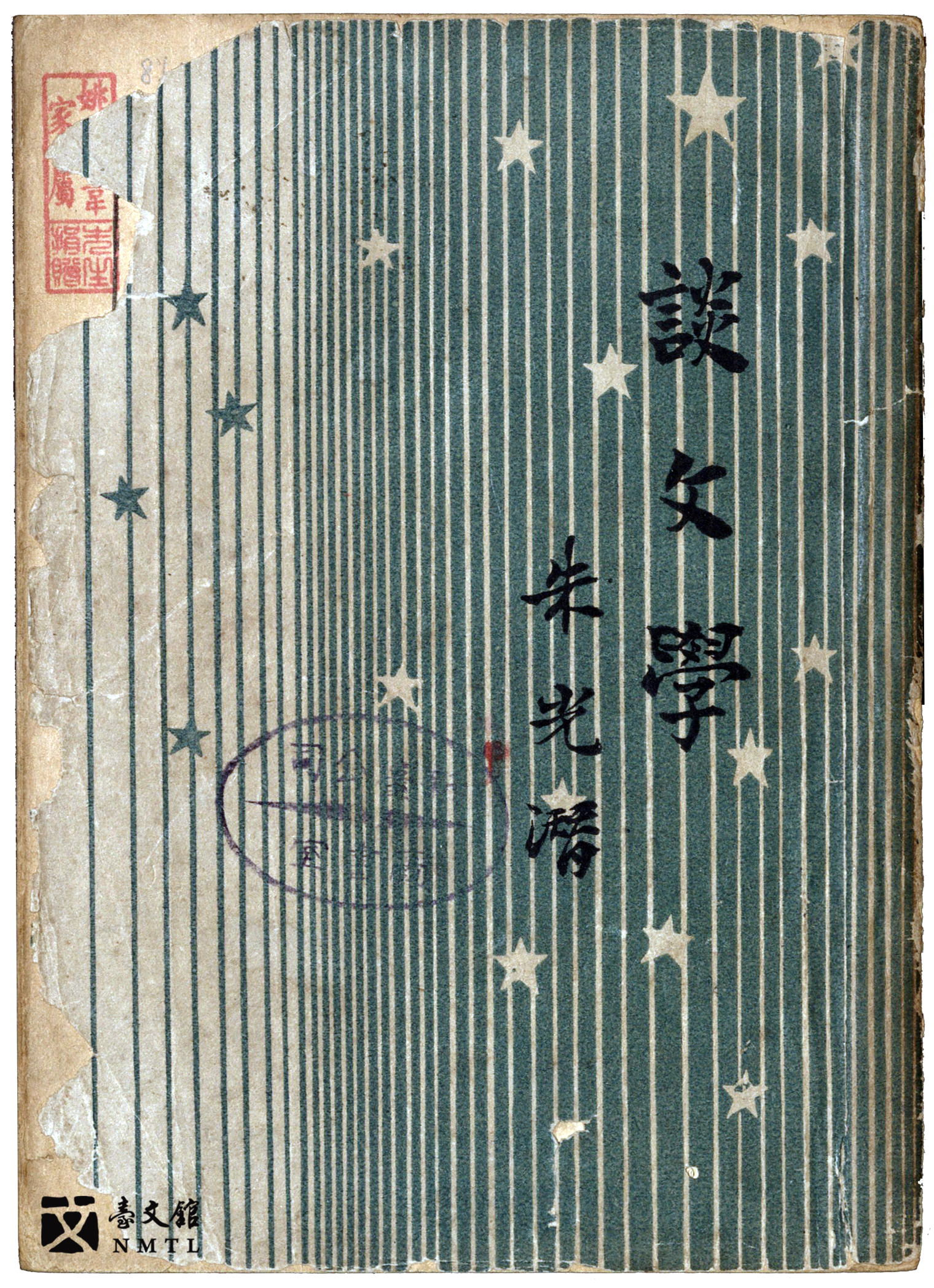
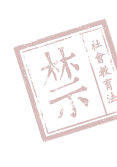
◰ Zhu Guang-qian's ABOUT LITERATURE
This book by China's contemporary literature theorist Zhu Guang-qian investigates literary theories and writing techniques. It was an introductory book for literature enthusiasts. However, Zhu stayed in China in 1949 and was seen as a Communist writer. As a result, this book was banned.(Kept in National Museum of Taiwan Literature)
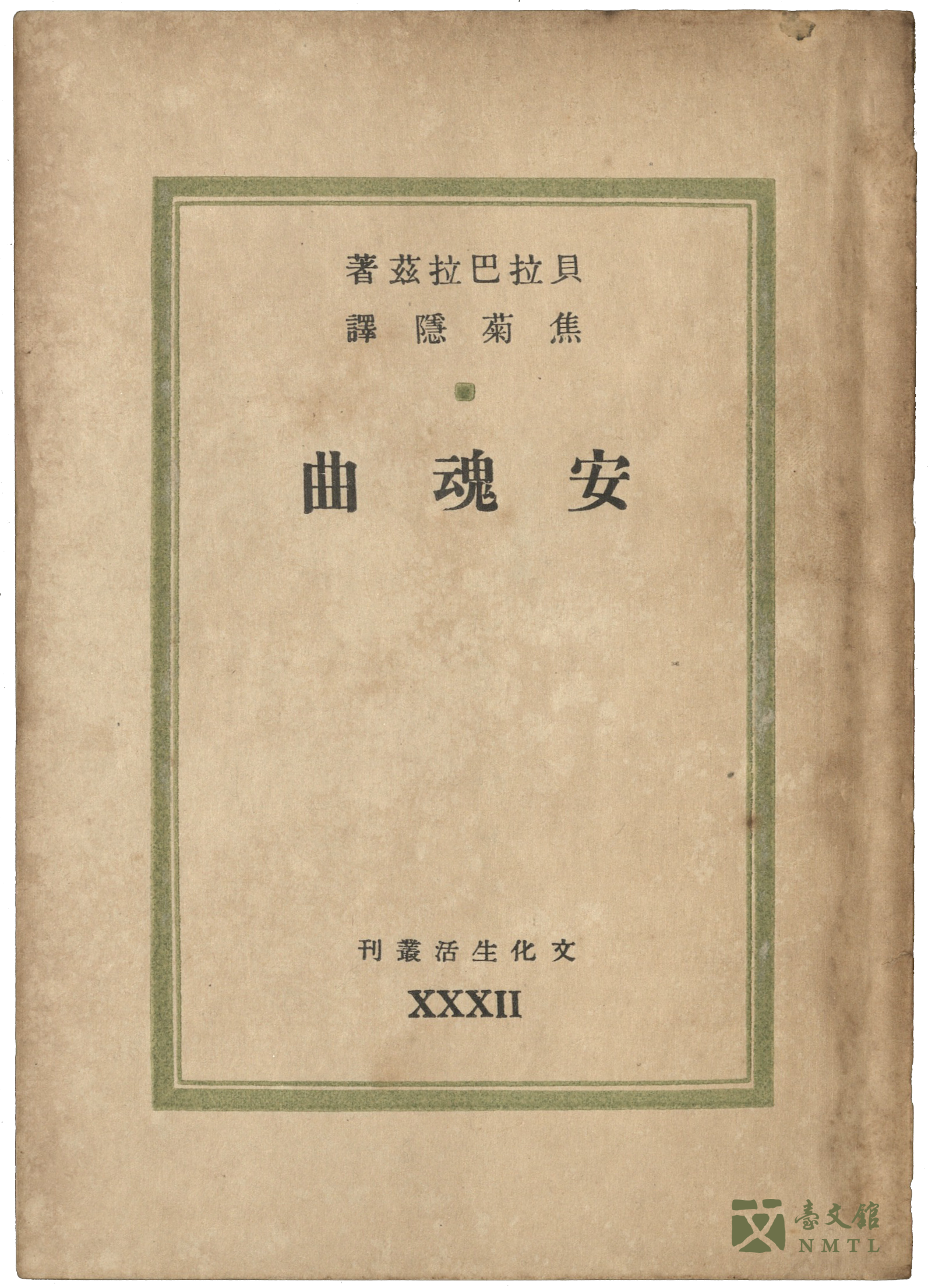
◰ REQUIEM, translated by Jiao Ju-yin
Chinese playwright Jiao Ju-yin translated Hungarian director Ballads Bela's biographical play about Mozart. However, the translator was a "Communist writer"; the publisher "Cultural Life Publishing House," located in Shanghai, was also seen as a "Communist bookstore." The book was thus banned.(From the collection of the library at the National Museum of Taiwan Literature)
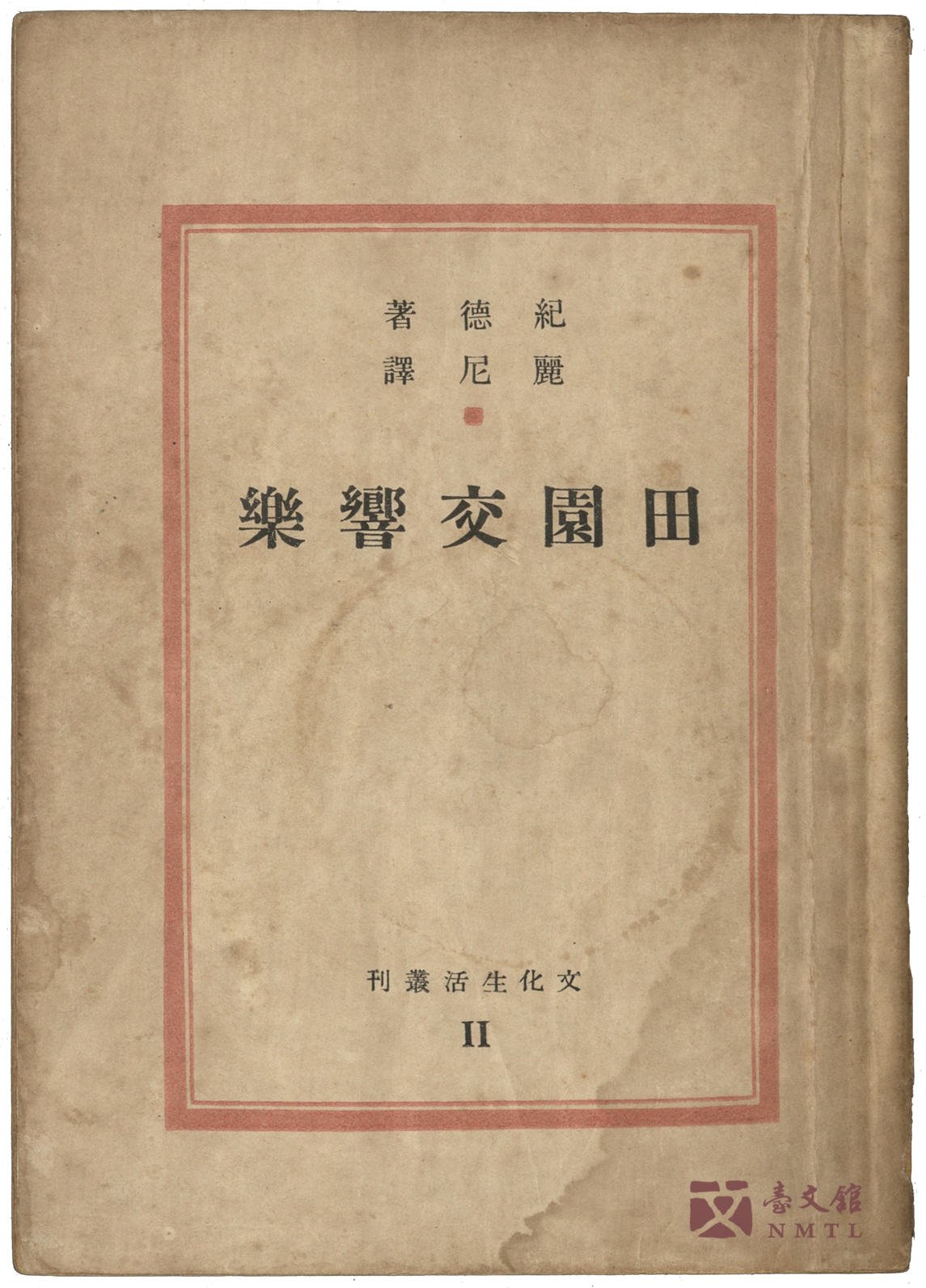
◰ LA SYMPHONIE PASTORALE, translated by Li Ni
A representative work by French writer André Gide. It was banned because the translator Li Ni (original name Guo An-ren) was a "Communist writer." The publisher "Cultural Life Publishing House" was run by Ba Jin. Almost all of the books published by this company were banned.(From the collection of the library at the National Museum of Taiwan Literature)
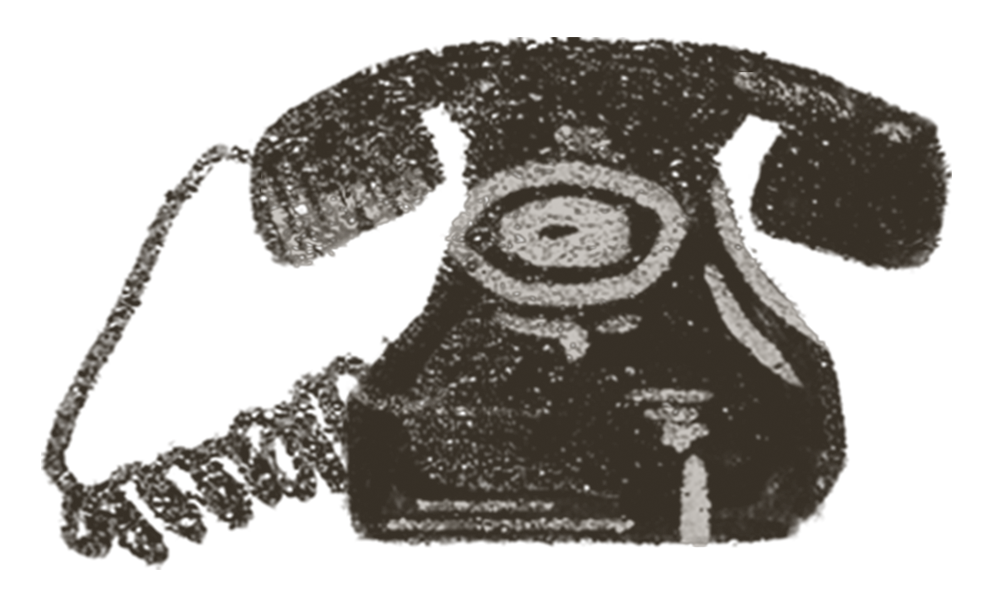 Overzealous Implementation
Overzealous Implementation
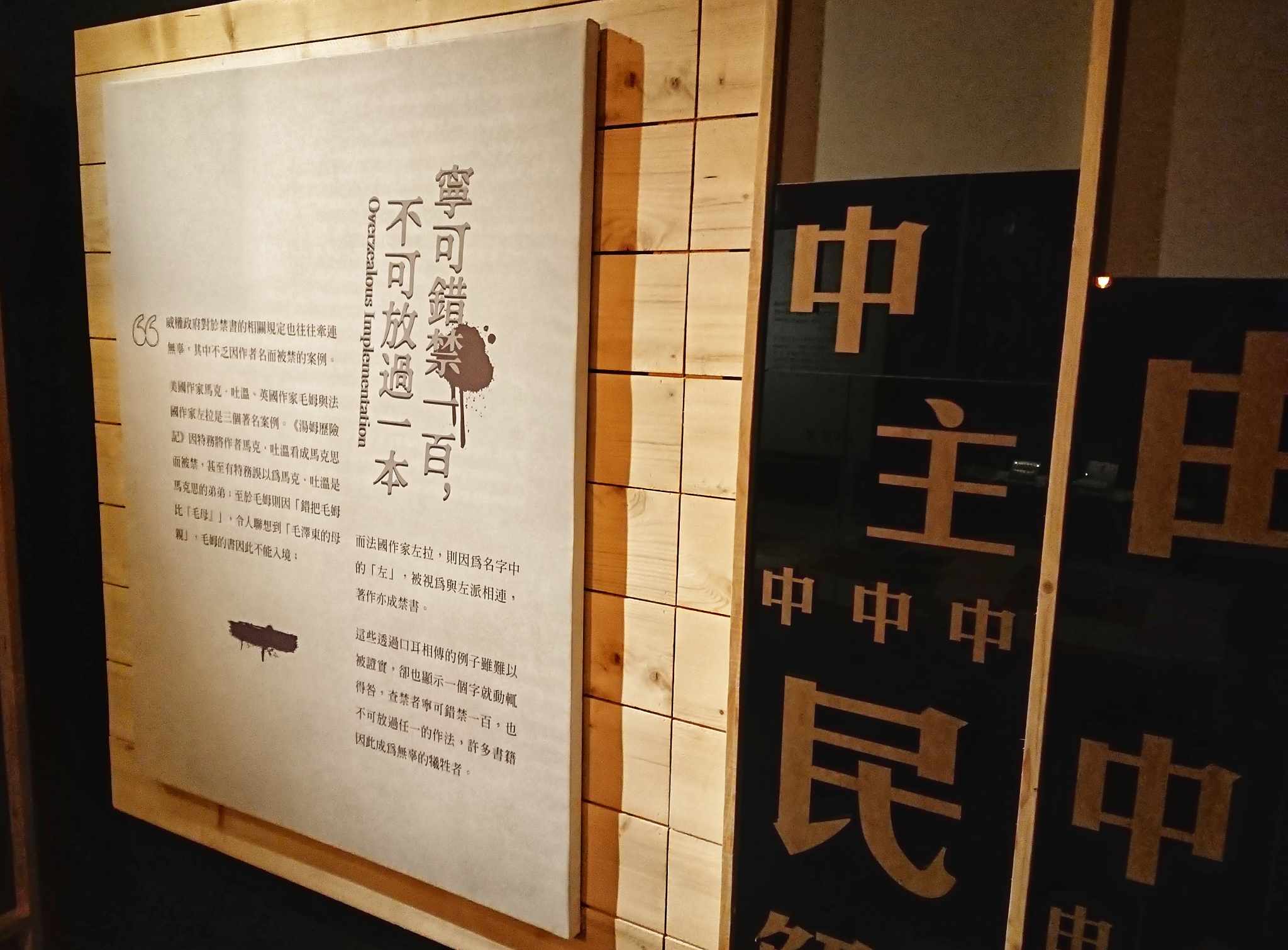
Relevant regulations regarding book bans that were imposed by the authoritarian regime often involved innocent people. Many books were banned over the authors' names.
American writer Mark Twain, British writer William Somerset Maugham, and French writer Émile Zola were three famous examples. THE ADVENTURES OF TOM SAWYER was banned because the agent mistook Mark Twain as Karl Marx; some agent even thought that Mark Twain was the brother of Marx. Meanwhile, Maugham's books were not allowed in Taiwan because the Chinese translation of his name (Mao Mu) might make people think of the mother of Mao Zedong. Zola's books were banned because the Chinese translation of his name contains the word "left," which was considered to be associated with leftist ideologies.
These examples, which passed by word of mouth, were difficult to verify. However, they also show how one word could cause a stir. Enforcers of book banning were willing to wrongly ban one hundred books rather than missing a truly controversial book. As a result, many books were innocently sacrificed.
A New Name, a Better Chance?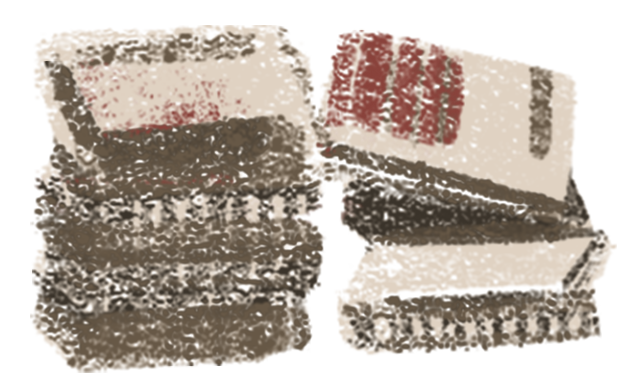
Since the government banned books only based on the book titles, publishing companies quickly came up with a brilliant idea, that is, changing book titles and authors' names, in order to prevent controversies. Publishers hoped to change the fate of these books so that they would not end up being banned.
Consequently, the author names of many books were changed into "the publisher" or "anonymous." Some names were replaced by the authors' courtesy names or one character of the name was removed; for instance, Chen Yin-ke was replaced by Chen Yin and Zhu Guang-qian was replaced by Zhu Qian. These were all done in hopes of somebody finding the real names of the authors based on the clues. Constantly changing names also resulted in the unique phenomenon where one book might have different authors' names. Moreover, some replaced the original author names with their own to appropriate the work.
These covert name changes were how publishers avoided censorship to promote classic literary works or to maintain profit.
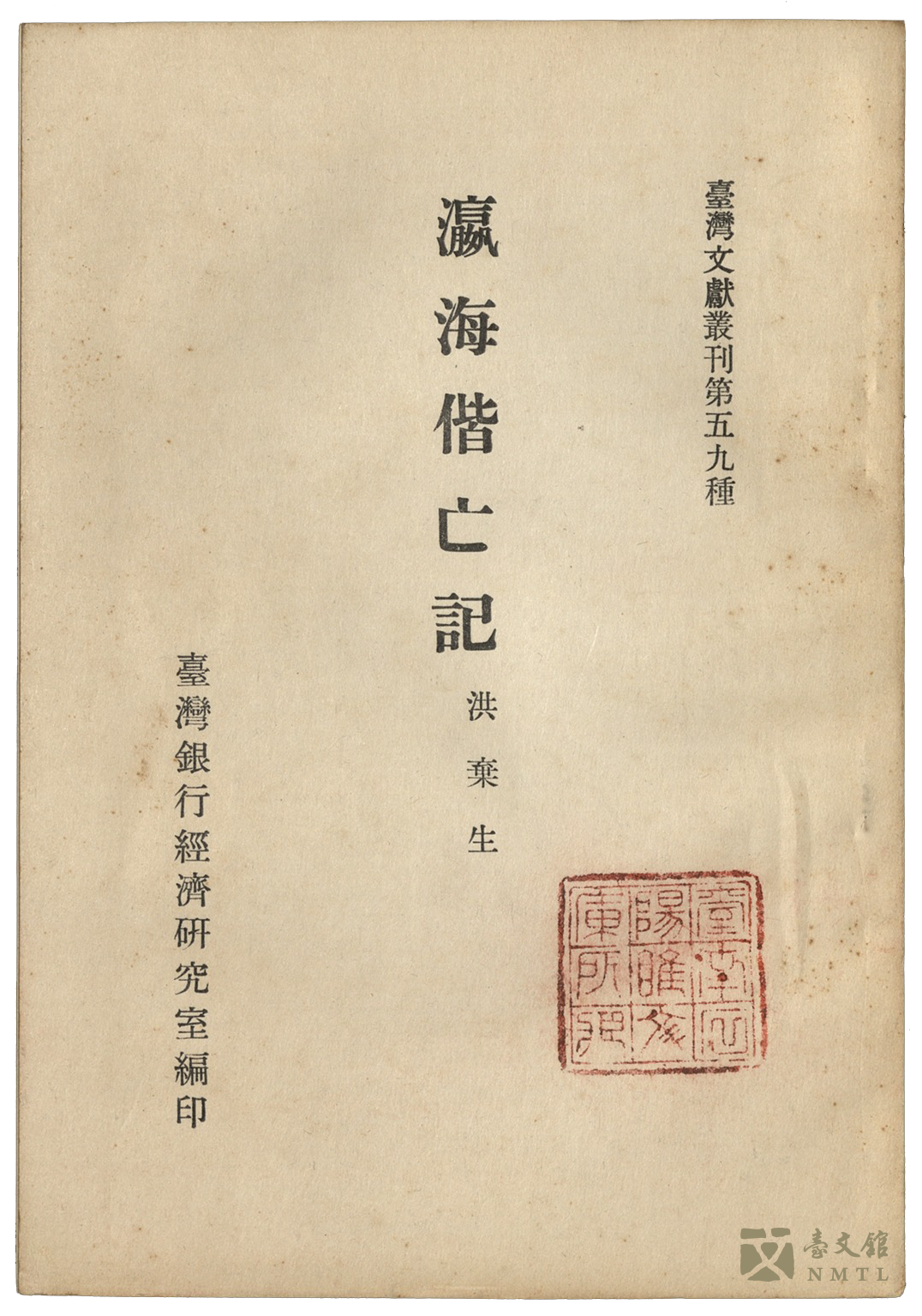
◰ YING HAI SIE WANG JI by Hung Chi-sheng
The book depicts the history from the establishment of Republic of Formosa to the failed resistance against the Japanese army. Worrying about the book getting banned and destroyed by the Japanese government, Hung Chi-sheng sent his second son Hung Yen-chiu to print the book in China and gifted the copies to different places. The title was changed to TAIWAN WARFARE and the author's name changed to Hung Chi-fu.(Kept in National Museum of Taiwan Literature)
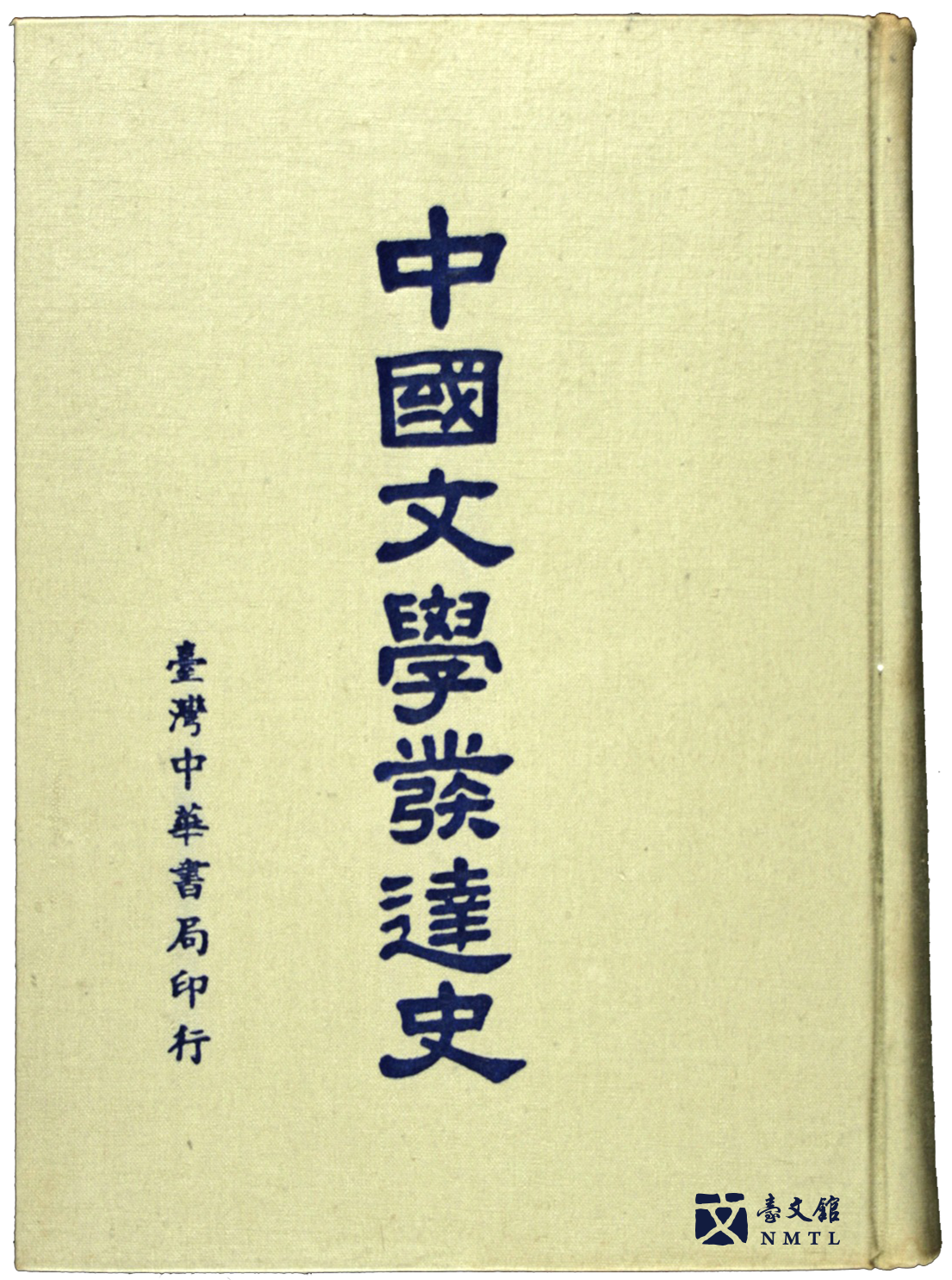
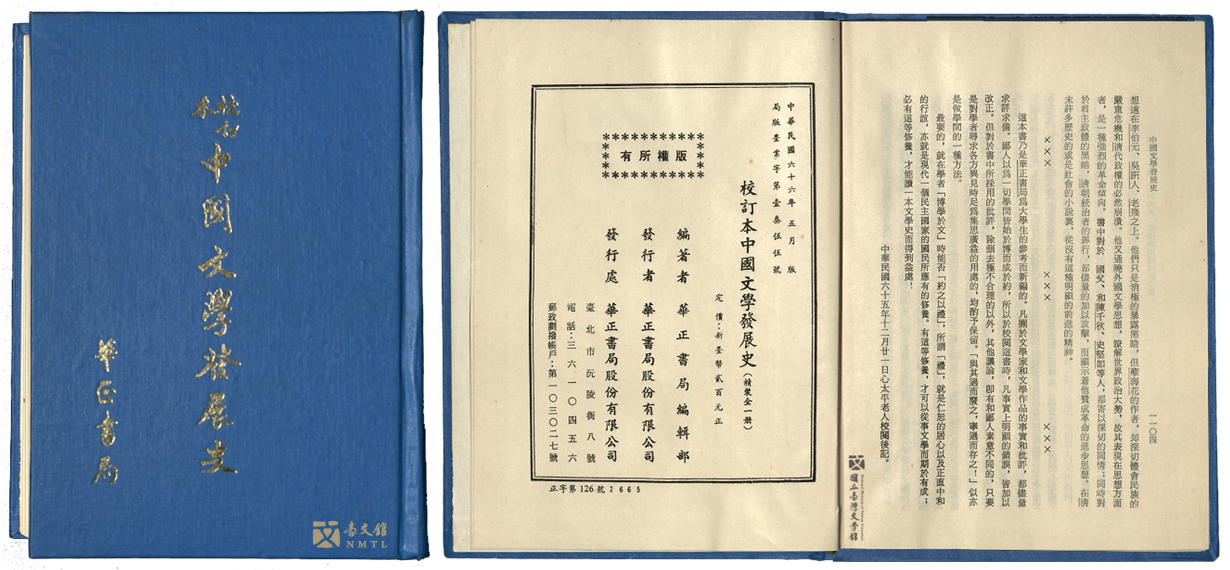
◰ Left/ DEVELOPMENT OF CHINESE LITERATURE、Right/ DIACHRONY OF CHINESE LITERATURE
Since author Liu Da-jie stayed in China after 1949, he was seen as a writer that supported communism; consequently, his works were banned. This book was an important textbook for Chinese departments in universities. Thus, the publisher changed the title to DEVELOPMENT OF CHINESE LITERATURE or changed the author's name to "the publisher," to prevent it from being banned by the government.(Kept in National Museum of Taiwan Literature)
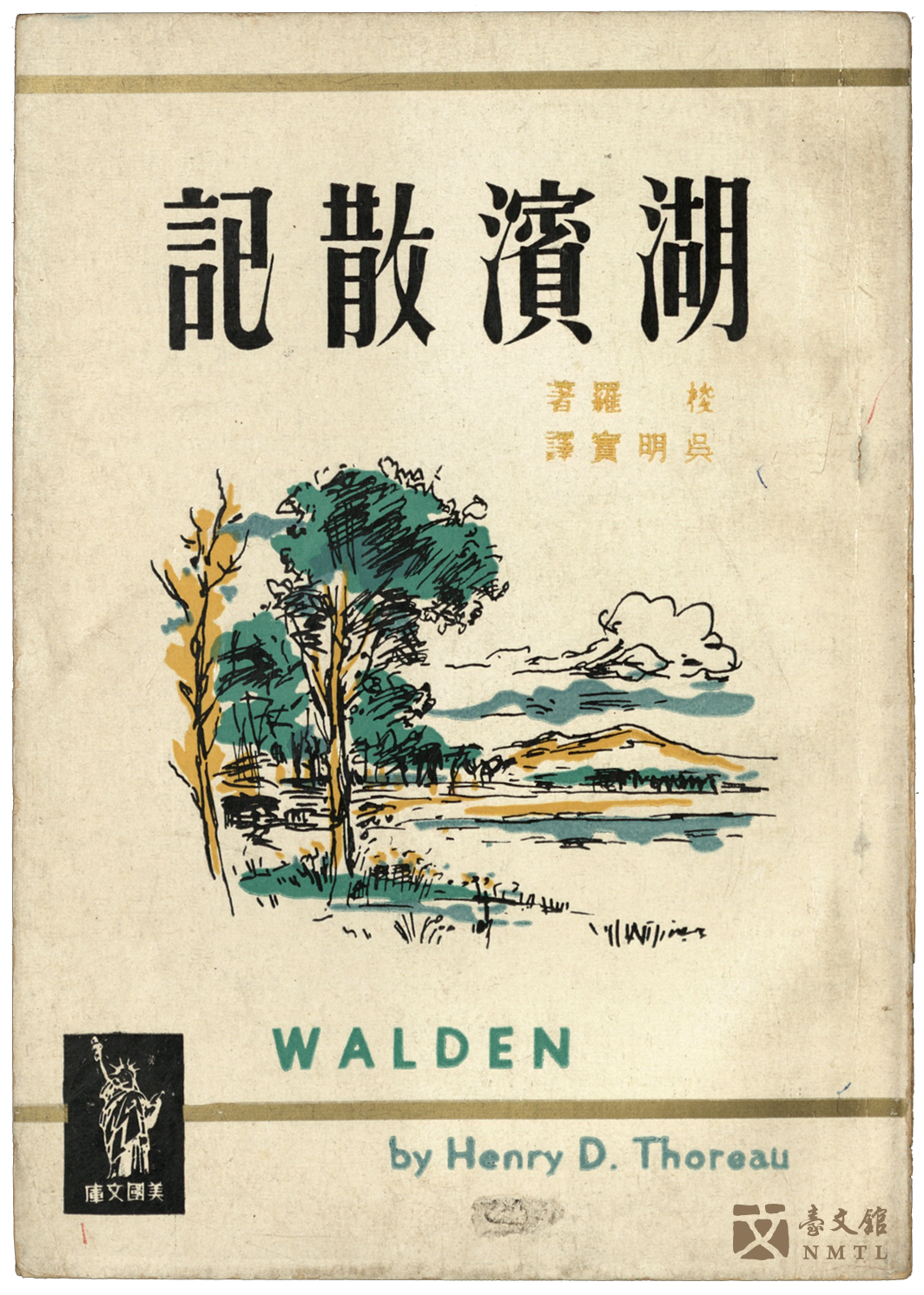
◰ Chinese translation of WALDEN by Wu Ming-shi
Written by American writer Henry David Thoreau and translated by Wu Ming-shi, which sounds like John Doe in Chinese. The actual translator was Xu Chi. He stayed in China in 1949 and was seen as a communist sympathizer by the Nationalist government. His books and translated works were all banned.(Kept in National Museum of Taiwan Literature)
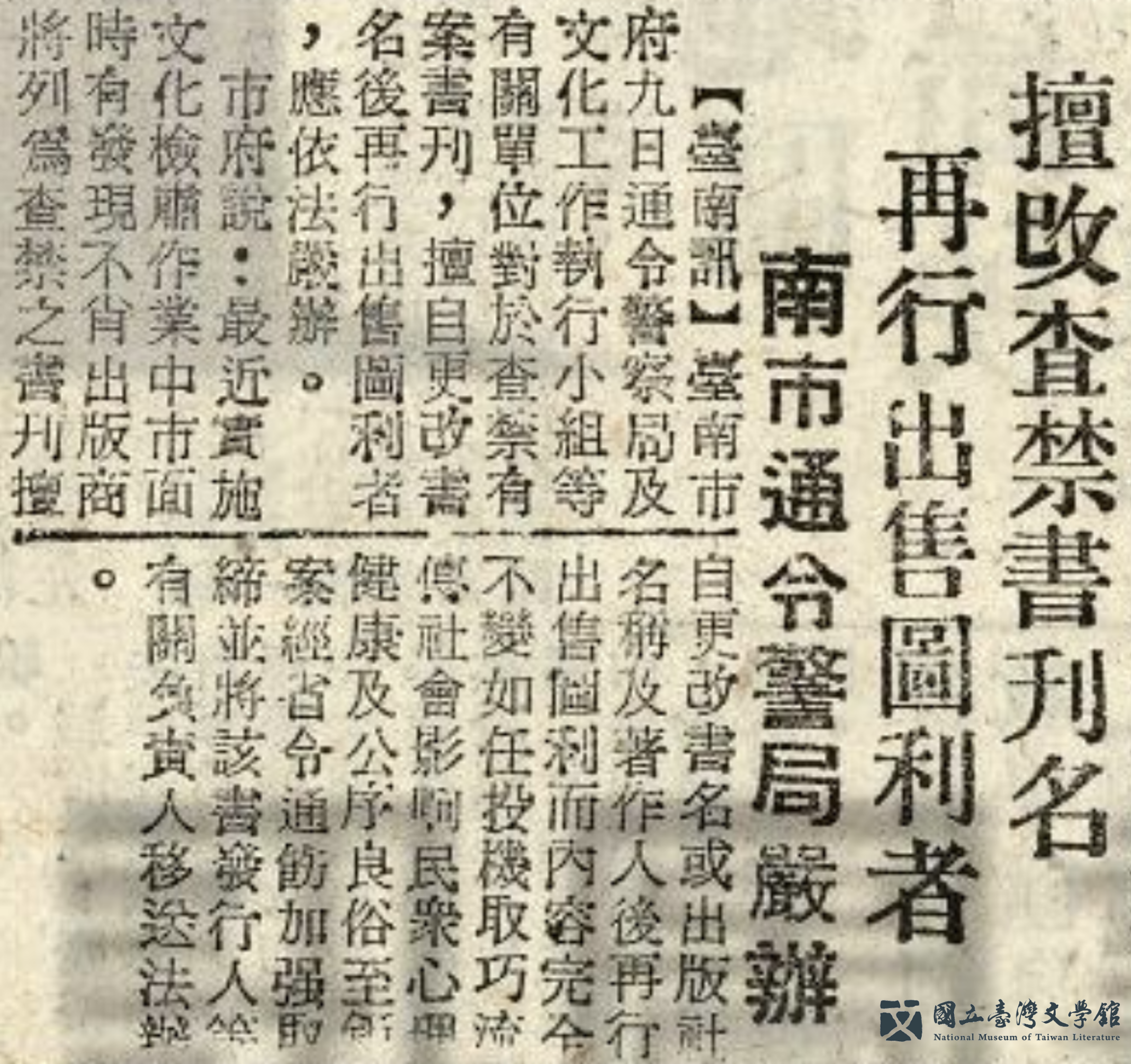
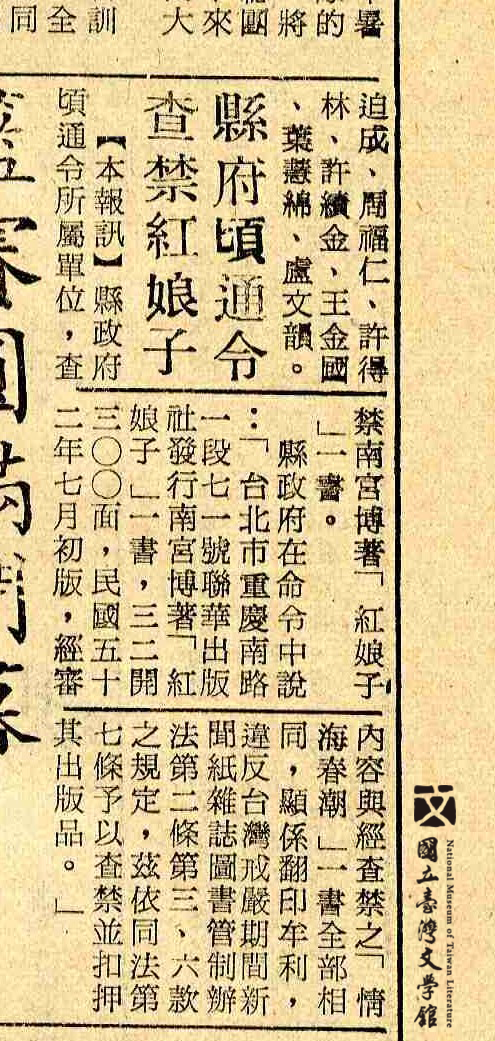
◰ Newspaper clippings regarding changes to book titles
According to these two articles, publishers were willing to take risks and change the titles of the banned books due to high demand.
Right/ "Kinmen County Government required that THE FEMALE SOLDIER be banned." CHHENG CHI CHUNGHWA NEWS, September 16, 1963
Left/ "Re-publication of Banned Books with Altered Titles to Gain Profit Severely Punished by Police" TAIWAN PEOPLE'S VOICE DAILY NEWS, August 11, 1971
(Authorized by the Digital Archives Service, National Library of Public Information)
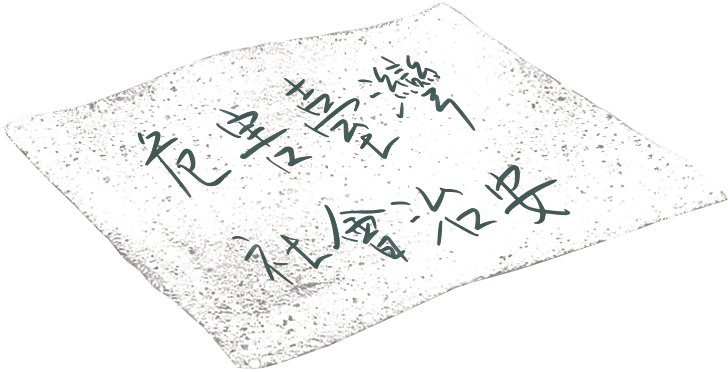
"Fun Facts"
Most-banned Authors
According to the research done by Liao Wei-min, 99 books written by Li Ao were banned. Yet, the number of books that were affected was far more than this as the Nationalist government tried to hinder publication and sales of books using administrative procedures and other ways. Throughout the history of book banning in Taiwan, Li Ao was the author who had the majority of his books banned.
Bo Yang was also frequently on the list of book bans. When he acted as Deputy Editor-in-Chief for THE INDEPENDENCE EVENING POST, he often wrote articles that criticized the government. Later on, he was framed and put in jail because of translating comic Popeye, which was thought to insinuate Chiang Kai-shek and his son Chiang Ching-kuo. His works were also banned. In total, 21 of his books were banned. However, his novel THE ALIEN REALM successfully avoided being banned since it was published with the name of the protagonist, Deng Ke-bao, as the author's name. "The Alien Realm" later on became a synonym of Yunnan Anti-communist National Salvation Army in Burma.
Another writer whose books were constantly banned was magazine publisher Cheng Nan-jung. During its active years between 1984 and 1989, almost 200 issues of FREEDOM ERA WEEKLY, founded by Cheng, were banned. The publication was also "banned for a year" several times. To avoid censorship, the title of the magazine kept on changing as well as the publisher's name; this was an attempt to fight for "true freedom of speech" through actions.
